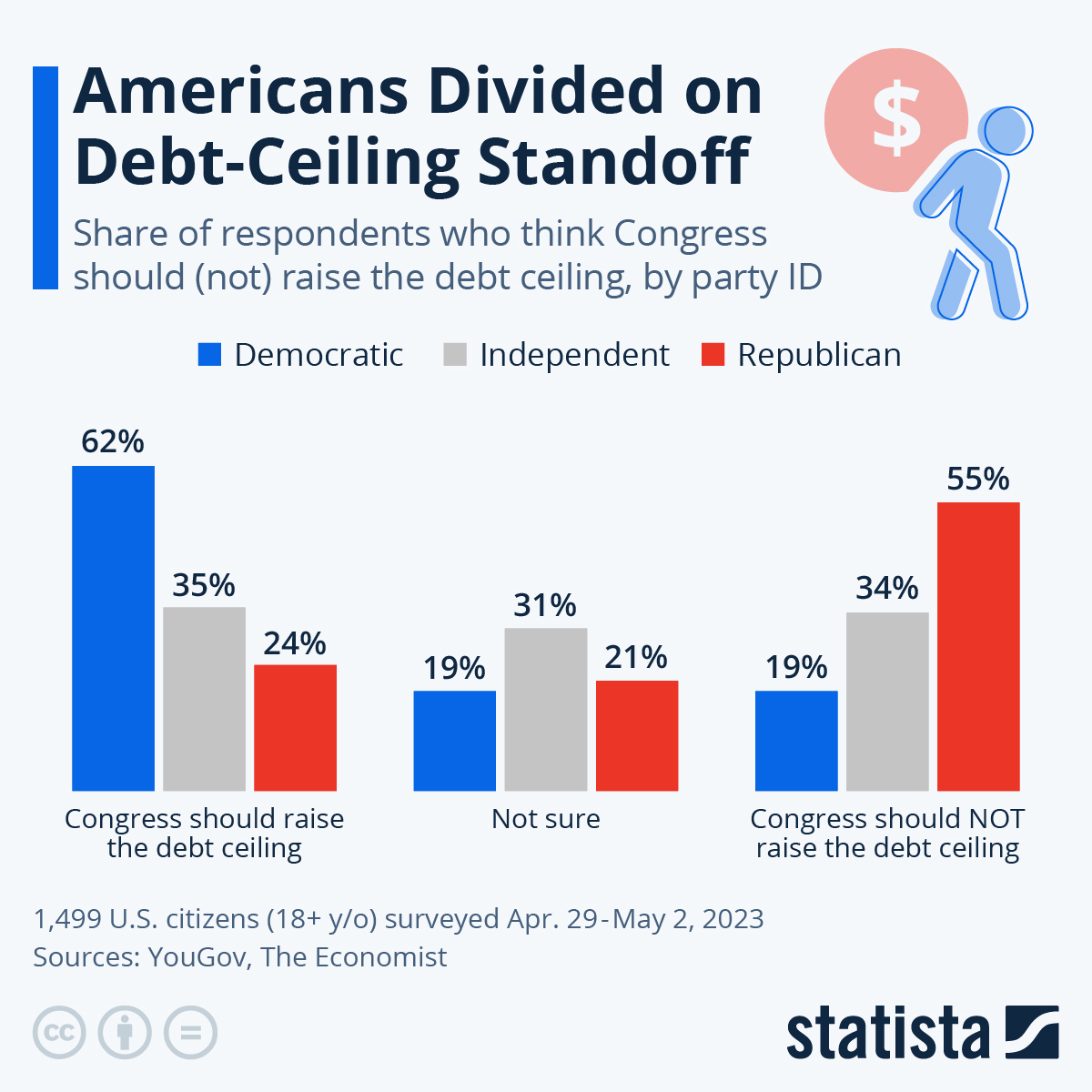As President Biden is about to welcome Speaker Kevin McCarthy and other congressional leaders to discuss the debt ceiling at the White House on Tuesday, there seems to be little hope for a quick resolution of what threatens to become a drawn-out game of political chicken. With the country’s economic wellbeing at stake, both parties could hardly be further apart, as Republicans push for steep spending cuts while President Biden has been urging Congress to raise the debt limit with no strings attached.
When the country was at a similar crossroads in the fall of 2021, the White House Council of Economic Advisers (CEA) published a blog post detailing what “Life After Default” could look like. “A default would fundamentally hinder the Federal government from serving the American people,” the CEA found, while also anticipating "serious and protracted financial and economic effects." In conclusion, the CEA urged lawmakers to avoid “the self-inflicted economic ruin” and to refrain from partisan brinkmanship. “The debt ceiling is not and should not be used as a political football. The consequences are too great.”
Despite all warnings against the potentially catastrophic consequences of a default, the current debate over the debt ceiling has turned into yet another partisan issue that divides the country roughly in half. According to a recent poll conducted by YouGov on behalf of The Economist, Democrats widely support raising the debt ceiling, while the majority of Republicans think that Congress shouldn’t raise the limit.














